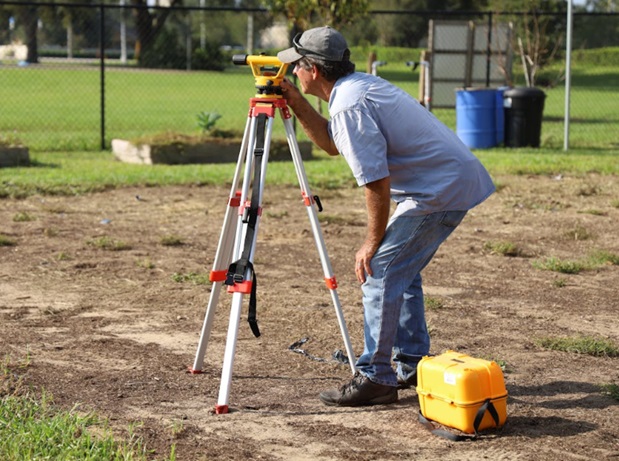Land surveying is an essential process for anyone seeking to buy, sell, or develop property. Understanding your land’s boundaries, easements, and potential encroachments can save you time and money in the long run. When hiring a land surveyor, knowing what to expect and choosing the right professional for your needs is paramount.
Understanding the Role of a Land Surveyor
A land surveyor is a licensed professional responsible for measuring and mapping land features. They provide vital information about property boundaries, physical characteristics, and existing land features. Their work can involve fiat surveys, where they measure land and prepare detailed maps or comprehensive reports regarding the topography, vegetation, and other characteristics of the property. In general, land surveyors perform various types of surveys, including boundary surveys, topographic surveys, and construction surveys. Each type serves a different purpose and requires a different skill set. For example, boundary surveys focus on determining the precise location of property lines, essential for property disputes or new developments. Without their expertise, understanding the precise characteristics of your land can be challenging.
Why You Should Consider Hiring a Professional
The importance of hiring a professional land surveyor cannot be overstated. A qualified surveyor brings in-depth knowledge and experience that simplifies the process of property surveys, mappings, or reports. They ensure all measurements comply with legal standards and local zoning laws. Moreover, having a detailed survey can help prevent costly mistakes in the future, such as encroachment issues or unexpected legal disputes. In addition to legal advantages, hiring a surveyor can also provide peace of mind. Knowing that an experienced professional has thoroughly examined your land enables you to make informed decisions about development or purchasing new property. Given the complexity and potential ramifications of these surveys, investing in a skilled surveyor is a wise choice.
Factors to Consider When Choosing a Land Surveyor
Choosing the right land surveyor involves careful consideration of several factors. First, examine their qualifications and licensure. Ensure they hold a valid professional license and consult relevant local authorities if necessary. Additionally, experience in your specific type of survey is also crucial. A surveyor who specializes in commercial or residential properties will likely have different skill sets. Another factor to consider is their reputation. Look for professionals with positive reviews and testimonials. It can be beneficial to ask for recommendations from friends or colleagues who have previously engaged a land surveyor. A reputable surveyor will be communicative, clear about pricing, and thorough in their assessments, making the process smoother for you.
The Surveying Process Explained
Understanding the surveying process can demystify what to expect once you hire a surveyor. The first step typically involves an initial consultation where the surveyor assesses your property and discusses the goals of the survey with you. After this discussion, they will gather necessary background information, including existing property records and prior surveys. Once the preliminary work is done, the surveyor will visit your property to conduct physical measurements. This fieldwork may involve the use of advanced tools and technology such as GPS systems and total stations. After collecting data, the surveyor will analyze the information and compile a report detailing the findings. The process might take a few days to weeks, depending on the complexity of the survey.
Costs Associated with Hiring a Land Surveyor
The cost of hiring a land surveyor can vary based on several factors, including the size of the property, the complexity of the survey, and the region where the survey is conducted. On average, homeowners may expect to pay between $300 to $1,000 for a simple boundary survey. Complexity, such as adding elevation or specific geographic features to the survey, can increase costs substantially. Before hiring a surveyor, ask for an estimate outlining all potential costs and any additional fees. Understanding their pricing structure ensures there are no surprises in the billing process later on. This financial transparency can foster a positive working relationship between you and the surveyor.
Prior to finalizing your decision, verify all gathered information and clarify any lingering questions with the surveyor. Consider discussing the timeline and deliverables. A good surveyor will always provide a transparent timeline for when you can expect results. Ultimately, selecting a land surveyor requires careful consideration and evaluation of their credentials, experience, and approach. With the right expertise on your side, you can confidently navigate the complexities of land surveys, ensuring your project progresses smoothly without unnecessary legal entanglements.
